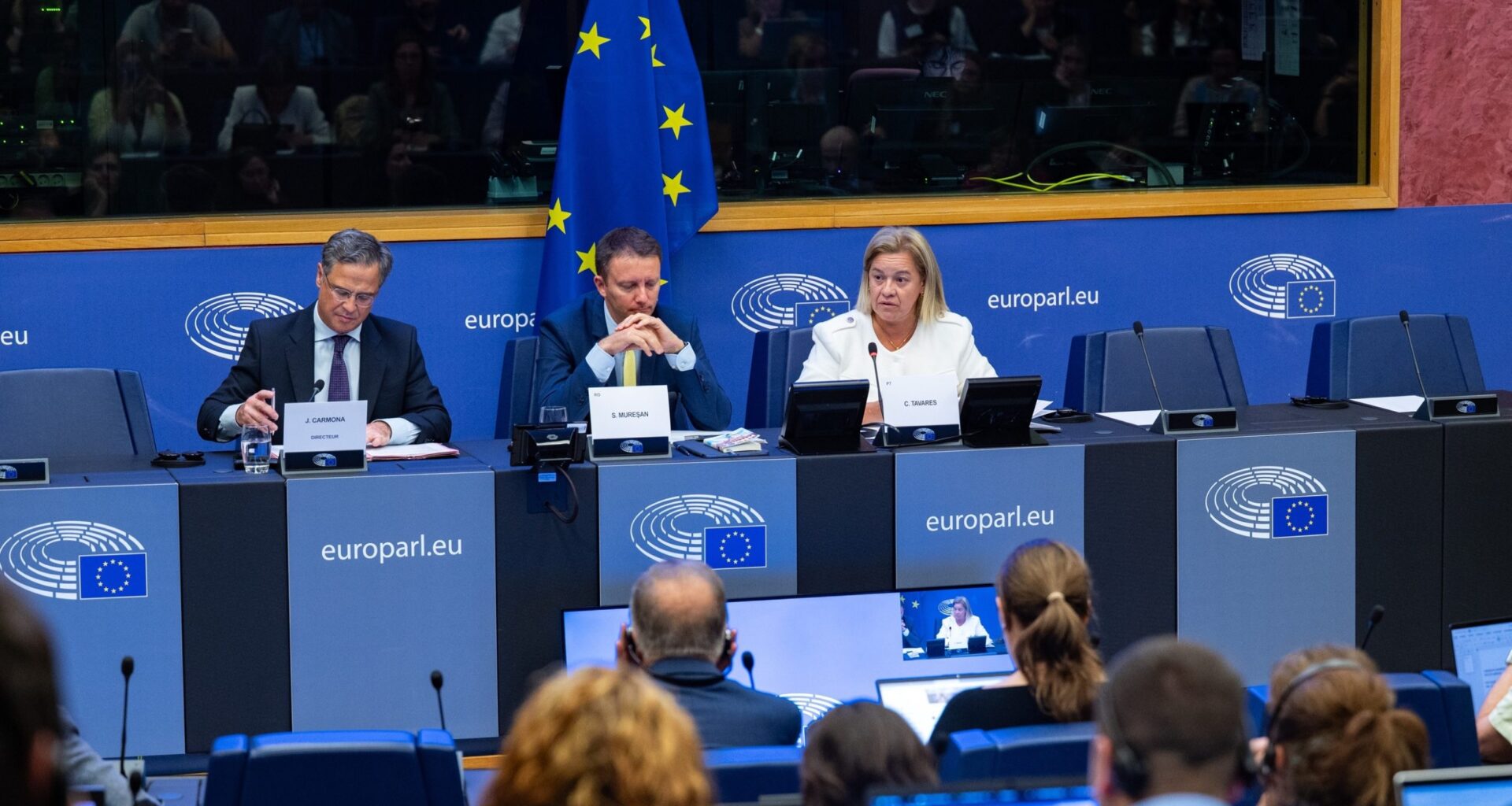The European Parliament’s two biggest groups are considering blocking key parts of the EU Commission’s €2 trillion budget proposal –a move that threatens to derail the timeline to lock in the bloc’s next seven-year budget.
In July, the European Commission unveiled its proposal for the bloc’s next budget cycle from 2028-2034. This foresees a merger of agriculture and regional EU spending into national plans, which leaves farmers unhappy with massive subsidy cuts and angers MEPs and regions who feel sidelined in favour of EU capitals.
The full budget proposal must receive unanimous approval by EU countries, as well as Parliament. In both cases, long and difficult negotiations are being prepared before the budget is agreed.
The Parliament’s lead negotiators from centre-left S&D and von der Leyen’s own centre-right EPP party threatened to block negotiations if the Commission followed through with their idea on national plans. Now both parties seem poised to derail the talks.
“The S&D Group is ready to ask the Commission to withdraw its proposal for national plans for the next MFF,” an S&D spokesperson told Euractiv on Friday.
Meanwhile, the EPP is “irritated” by how the Commission “plans to pull the rug out from under the agricultural policy,” an EPP spokesperson told a Friday press conference.
The party met in Poland on Thursday to discuss whether to reject the national plans fully, or attempt to change the proposal in a way that doesn’t “re-nationalise” EU agricultural policy by pitting EU countries against each other.
While the EPP still hasn’t officially said they would reject the plan, they have for some time floated the idea with other political groups to see whether they would back it, according to two Parliament officials.
If the EPP joins the S&D in asking for a withdrawal, there is a high chance that the Greens and Renew, who are also unhappy with the plans, will follow.
A Parliament rejection of the plans would be a severe setback for the budget negotiations and would cast the ambitious timeline to agree by the end of 2026 into doubt.
A handful of countries, including Poland, Hungary, and Czechia, have also called for taking agricultural policy out of the national plans, while countries like Germany are in favour of the new, proposed structure.
(vib, ow)
